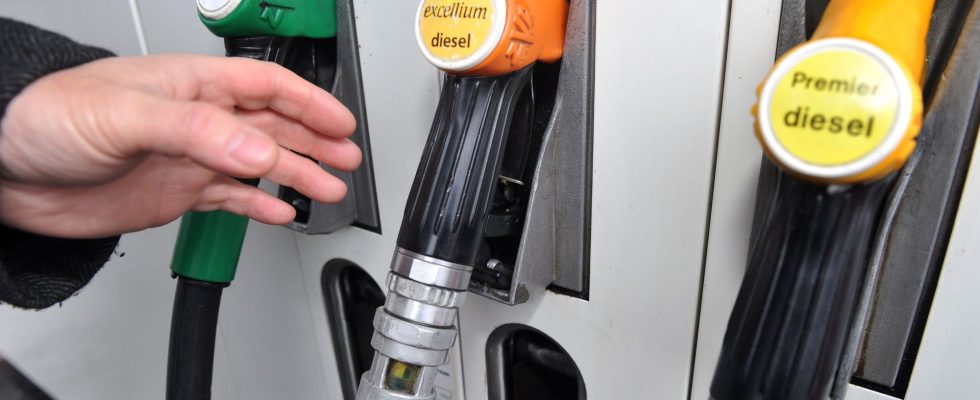As with an earthquake, the yellow vest crisis continues to generate aftershocks. 5 years ago, the increase in the carbon tax on fuels inflamed the roundabouts, forcing the government to backtrack on ecological taxation. At the start of the 2023 school year, the rise in gasoline prices is once again making its mark in the social and political debate. According to the latest statistics published by the UFIP, the liter of diesel reached (value on September 8) 1.82 euros including tax, a highest level since last March. The price of super unleaded was close to 2 euros per liter, a figure unknown since the outbreak of the war in Ukraine. The reason: the rise in the price of a barrel. Black gold rose from $75 in June to more than $90 at the beginning of September, with the desire of Saudi Arabia and Russia to curb production to support prices. This new heat wave is all the more penalizing since over the same period, the euro has depreciated slightly compared to the greenback, which mechanically increases the value of our imports.
The subject is so explosive that it has become the barometer of the state of nervousness of the executive. Over the past 18 months, the government has stepped up initiatives to limit the rise in motorists’ bills: a discount of 10 cents per liter at the pump, a fuel check of 100 euros for the most deprived households. Measures which were added to the discounts granted for a time by TotalEnergies. Except that some of these crutches have disappeared and with the end of whatever it takes, we had to find a new trick.
To avoid a new social conflagration, Elisabeth Borne therefore pulled a new measure out of her hat: authorizing the sale of gasoline at a loss. Clearly, distributors will have the right to sell the fuel at a price lower than the price at which they purchased it. A technique that had been banned since 1963.
While Bercy is refining the final lines of its draft budget for 2023, in which the bonus for the purchase of electric vehicles should be maintained, helping to make fossil fuels less expensive seems baroque. In any case, contrary to the ecological ambitions displayed by Emmanuel Macron.
A scribble policy
In reality, this decision is counterproductive for three reasons.
Firstly, it risks first of all leading to a form of distortion of competition between large brands which can cash in on these sales at a loss and independents, often small businesses whose volumes are low and margins low. According to calculations by the Asteres firm, the margins of pump attendants would be of the order of barely 2 cents per liter. If the measure were to continue, hundreds of small pump attendants, particularly in rural areas, could be forced to go out of business.
Secondly, the potential for lower prices linked to this new price war between distributors is limited. In reality, various taxes alone represent 60% of the price of the liter purchased by the consumer.
Third, if large retail brands make gasoline their flagship product, they will inevitably be forced to make margins on other products, particularly food. Even where inflation is already very high: the surge in food prices reached even more than 11% over one year this summer… For distribution brands, this sleight of hand is made possible by the fact that “the “The prices of a multitude of products on the shelves are less easily comparable for the consumer than the prices at the pump”, notes Sylvain Bersinger, the chief economist of Asteres. The French would therefore gain on gasoline what they would lose on a packet of pasta or a barrel of laundry detergent…
Behind Elisabeth Borne’s announcement, a muddled policy is clearly emerging. A policy where logic and long-term strategy lose, faced with the emotion of the sidewalk microphones of the 8 p.m. news.
